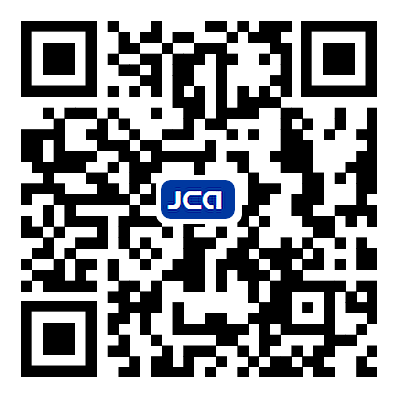Contents
Host

Ali J. Marian, M.D.
Speaker

William Pu, M.D.
Aldo R. Castaneda Professor of Pediatrics;
Associate Chair, Basic and Translational Cardiovascular Research;
Senior Cardiologist;
Department of Cardiology;
Boston Children Hospital.
Harvard Medical School.
William (Bill) Pu, M.D., is one of the most innovative and creative physician-scientists and a pioneer cardiovascular investigator who has made fundamental contributions to our understanding of transcriptional regulators of cardiovascular development and heart failure.
Dr. Pu has an exemplary academic pedigree. He graduated with Summa cum laude in Molecular Biophysics and Biochemistry from Yale University in 1988 and received MD also with Suma cum laude from Harvard Medical School in 1993. By the time Dr. Pu graduated from medical school, he had already published 6 first-author original research articles in major biomedical journals and established himself as a rising star physician-scientist. Dr. Pu was awarded the Leon Reznick Memorial Prize for his extraordinary accomplishments during this period. Dr. Pu completed his clinical training in pediatrics in 1996 and pediatric cardiology fellowship in 1997, both at Boston Children’s Hospital. He joined the research team of David Clapham as a post-doctoral fellow and subsequently Dr. Seigo Izumo, both at Boston Children’s Hospital, where he studied transcriptional regulation of cardiac development. Dr. Pu was appointed as a faculty at the Boston Children’s Hospital in 2000 and quickly rose to the rank of academia to full professorship in 2014 and endowed professorship in 2018. Dr. Pu holds dual appointments at the Harvard Stem Cell Institute, the Children’s Stem Cell Program, and the Department of Genetics at Harvard Medical School.
Dr. Pu’s research has dissected the transcriptional and epigenetic networks that regulate cardiac development and disease, including GATA4, YAP, and EZH2, to name a few. His pioneering work on the novel biological functions of GATA4 in atrioventricular valve development, congenital heart disease, cardiac function, cell lineage specification, and myocyte regeneration and maturation propelled Him to the cutting edge of cardiovascular sciences. Dr. Pu’s work on epicardial development, its contributions to cardiac cell lineages, and myocardial fibrosis is a classic and a reference point.
Dr. Pu’s pioneering work in the generation of genetically engineered iPSC-cardiomyocytes as a disease model of cardiomyopathies and cardiac arrhythmias, including Barth syndrome and Catecholaminergic Polymorphic Ventricular Tachycardia (CPVT) is trailblazing. Utilizing AAV vectors and the CRISPR-Cas9 gene editing system, Dr. Pu and his colleagues have successfully developed innovative approaches for the treatment of Barth syndrome and CPVT.
Dr. Pu’s research has been successfully funded by NIH awards throughout his academic career. His current research programs are funded by 5 R01 awards from NHLBI and are designed to study the molecular genetic basis of congenital heart disease, desmosome structure and function, endothelial cell proliferation, and calcium-regulated cardiac homeostasis.
Dr. Pu has published over 200 high-quality articles in major biomedical journals, including Nature, Science, and PNAS. Given the top quality of his publications, it is not surprising that Dr. Pu’s publications have an average of 80 citations per article and an H index of 71. Dr. Pu has mentored a large cadre of trainees who have established successful academic careers throughout the world and has earned him the Exceptional Mentorship Award from Boston Children’s Hospital.
The Webinar is named after Kevin Struhl, Ph.D., a pioneer on chromatin structure and transcriptional regulation. We are very proud to host Dr. William Pu as the speaker at The Journal of Cardiovascular Aging webinar.
Presentation

Welcome remarks

Topic: Cardiac Regulatory Mechanisms in Development and Disease










